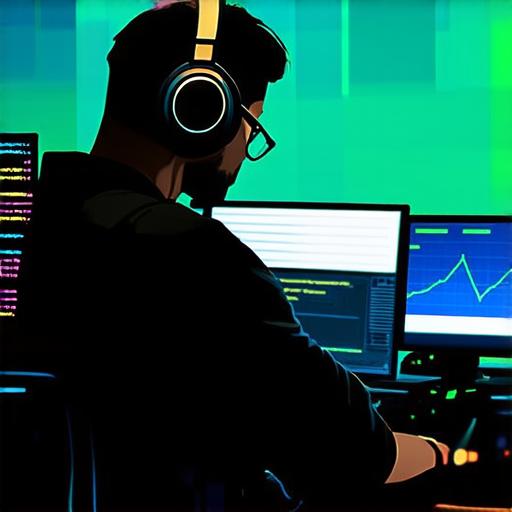Introduction
The gaming industry has grown exponentially over the years, and it’s not showing any signs of slowing down. With new technologies emerging and innovative games being released every day, game development is a highly competitive field. But what exactly does it take to become a game developer, and how many people are currently working in this lucrative industry? In this article, we’ll explore the world of game development and answer the question on everyone’s minds – how many game developers are there in the world?
The Evolution of Game Development
Before diving into the number of game developers worldwide, let’s take a brief look at the history of game development. The first known video game was created by Thomas T. Goldsmith Jr. and Estle Ray Mann in 1947, called “Cathode-Ray Tube Amusement Device.” It was a simple simulation of a ball bouncing off walls and paddles. However, it wasn’t until the 1980s that video games gained widespread popularity, thanks to the introduction of home consoles like the Atari 2600.
The 1990s saw a boom in the gaming industry, with new technologies and platforms emerging. The release of the Sega Genesis and PlayStation in 1994 revolutionized gaming, leading to the development of more complex games with better graphics and sound. The rise of online gaming also took off during this time, as people could connect with other players from around the world.
Fast forward to today, and the gaming industry has come a long way. With powerful consoles like the PlayStation 5 and Xbox Series X, developers can create immersive games with stunning graphics and realistic gameplay. Virtual reality and augmented reality are also becoming increasingly popular, offering players unique gaming experiences.
The Number of Game Developers Worldwide

Now that we’ve taken a brief look at the history of game development, let’s answer the question on everyone’s minds – how many game developers are there in the world? According to a report by Statista, the number of game developers worldwide was estimated to be around 2.3 million in 2020. This number is expected to grow in the coming years as more people enter the industry and new technologies emerge.
It’s worth noting that this figure includes both full-time and part-time game developers, as well as students and freelancers who work on a project basis. The exact number of full-time game developers is difficult to determine, but it’s safe to say that the majority of game developers work in this capacity.
Case Studies: Success Stories in Game Development
To better understand the world of game development and the challenges faced by game developers, let’s look at some case studies of successful game studios and individuals.
- Epic Games: Founded in 1991 by Tim Sweeney and Markus Persson, Epic Games is one of the largest game development companies in the world. They are best known for creating Fortnite, a battle royale game that has over 200 million players worldwide. In an interview with Polygon, Sweeney said, "The most important thing about being a game developer is to never give up and always be curious."
- Naughty Dog: Founded in 1984 by Jack Treens and David Reid Binghurst, Naughty Dog is known for creating Uncharted, a popular action-adventure game series. In an interview with Giant Bomb, creative director Neil Druckmann said, "The best game developers are the ones who can make you care about characters that don’t exist."
- Shigeru Miyamoto: A legendary game designer and creator of Super Mario, Miyamoto is considered one of the most influential people in the gaming industry. In an interview with Wired, he said, "The most important thing in game development is to make the player feel like they are a part of the game world."
Careers in Game Development: What It Takes to Become a Game Developer
Now that we’ve looked at some successful case studies, let’s explore what it takes to become a game developer. There are many different roles within the gaming industry, including game designers, programmers, artists, and producers. Each role requires its own set of skills and experience.
